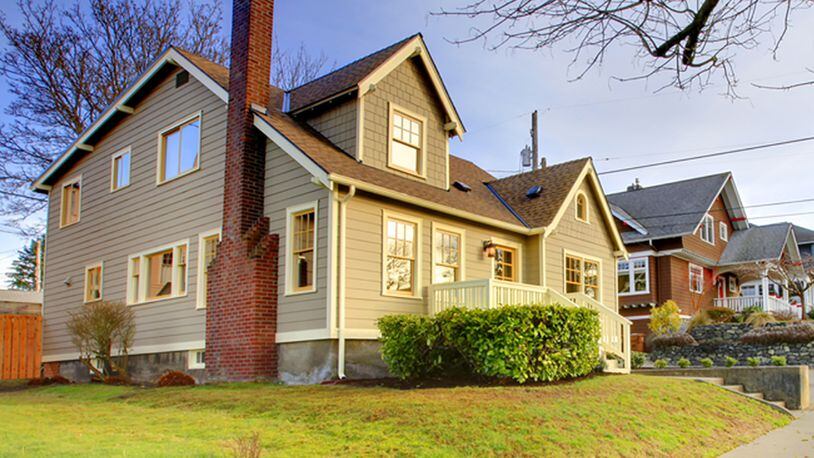2. Not comparing loans correctly: First-time buyers often are seduced by a low interest rate and don't take into account the cost of fees. How to avoid it: Compare loans by the annual percentage rate (APR), not just by interest rate. Ask about additional fees up front, and compare PMI (premium mortgage insurance) if your down payment is less than 20%.
3. Falling for marketing gimmicks: Lenders use advertising hooks like, "We pay your mortgage insurance," or "No closing costs," but don't be fooled. More than likely, you're paying for it in the interest rate – these gimmicks can add up to a quarter of a point to the interest rate on a mortgage. How to avoid it: Shop for your mortgage according to trusted recommendations and reliable reviews.
4. Not budgeting for your craft beer and yoga pants: Lenders qualify you for what you technically can afford based on your debt-to-income ratio. Often, this leaves very little "wiggle room" in one's budget. How to avoid it: Factor fun into your future; it's OK not to borrow the full amount you're approved for.
5. Not knowing how to eyeball the paperwork: Mortgage rules require lenders to send you paperwork in two different documents. The loan estimate will come first. Here are some key things to look for: APR (see No. 2 above); interest rate; monthly payment; loan terms, such as a 30-year or 15-year mortgage, adjustable rate or fixed; total cost of the loan; and cash amount you'll need at closing. The closing document will come at least three days before you close. It should look just like the first document, but instead of estimates, it will have final numbers. If you see any increases or additional fees you weren't expecting, question the lender immediately.
If you have questions about obtaining a mortgage, reach out to PrimeLending Dayton, trusted partner of Coldwell Banker Heritage Realtors. Click here to visit the PrimeLending website or call (937) 401-3076.
About the Author
